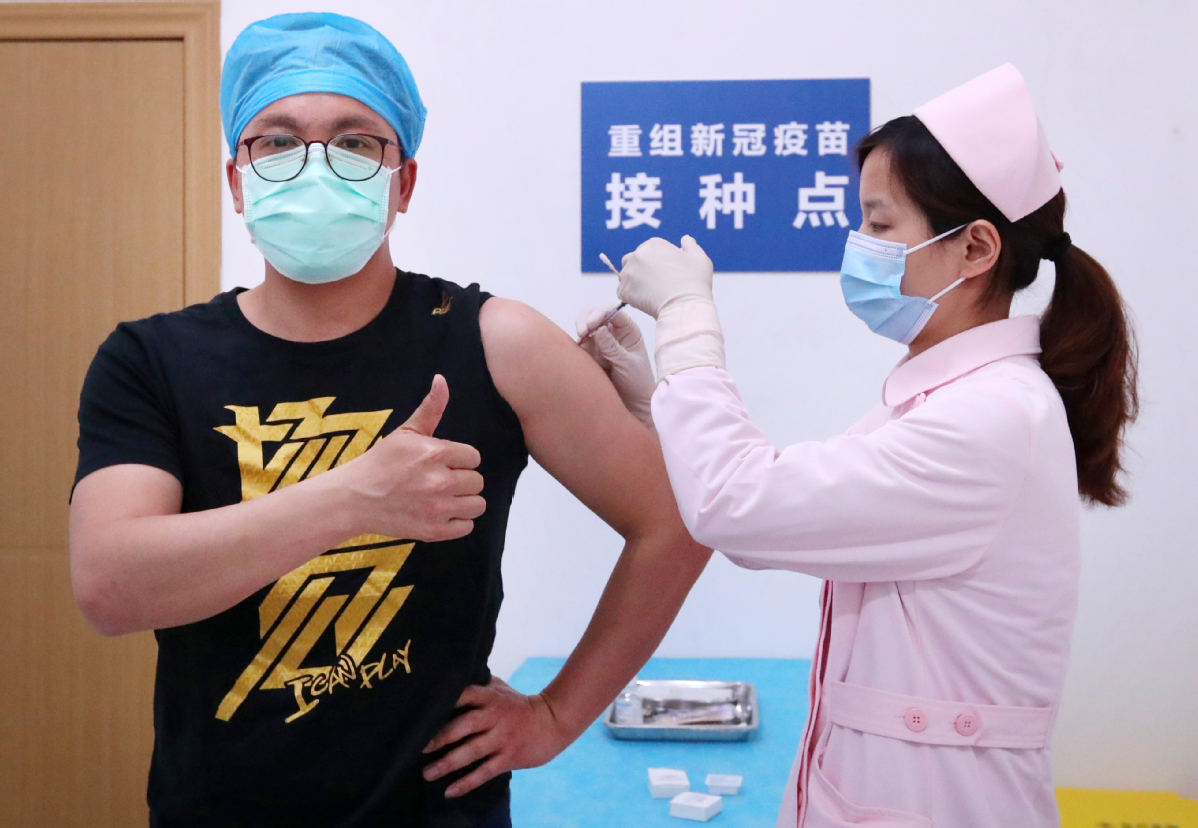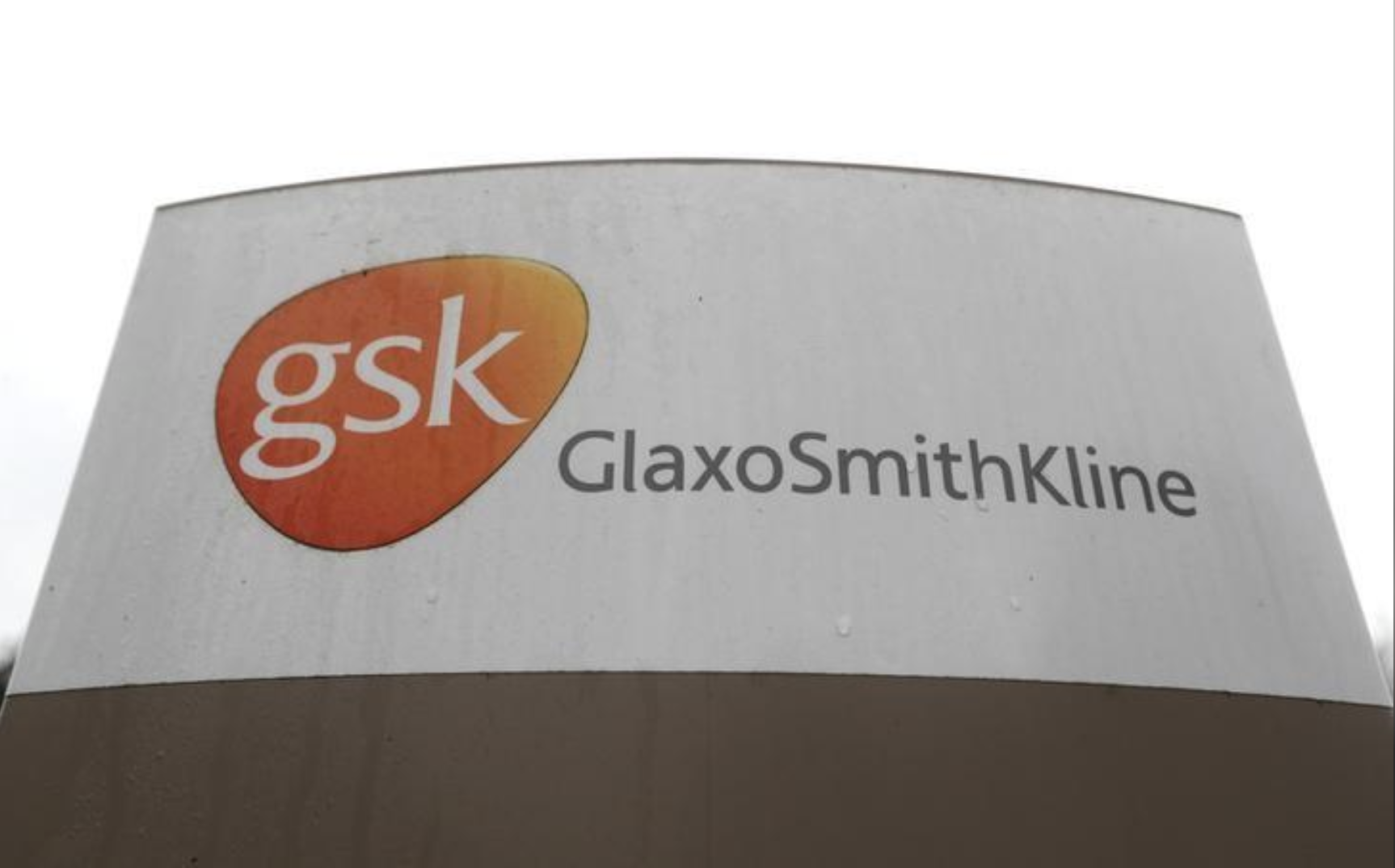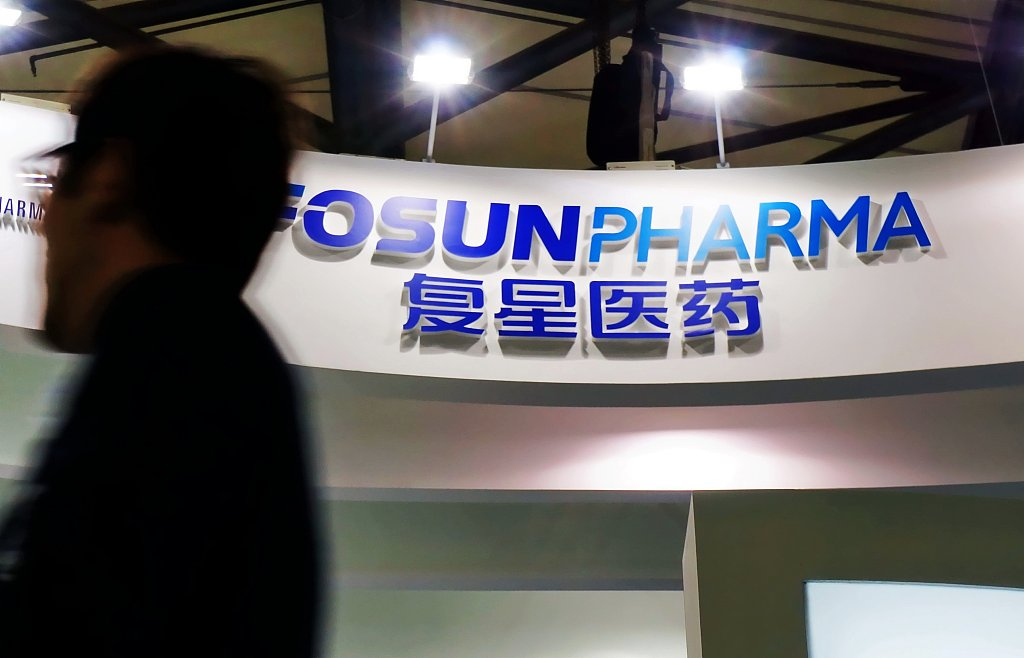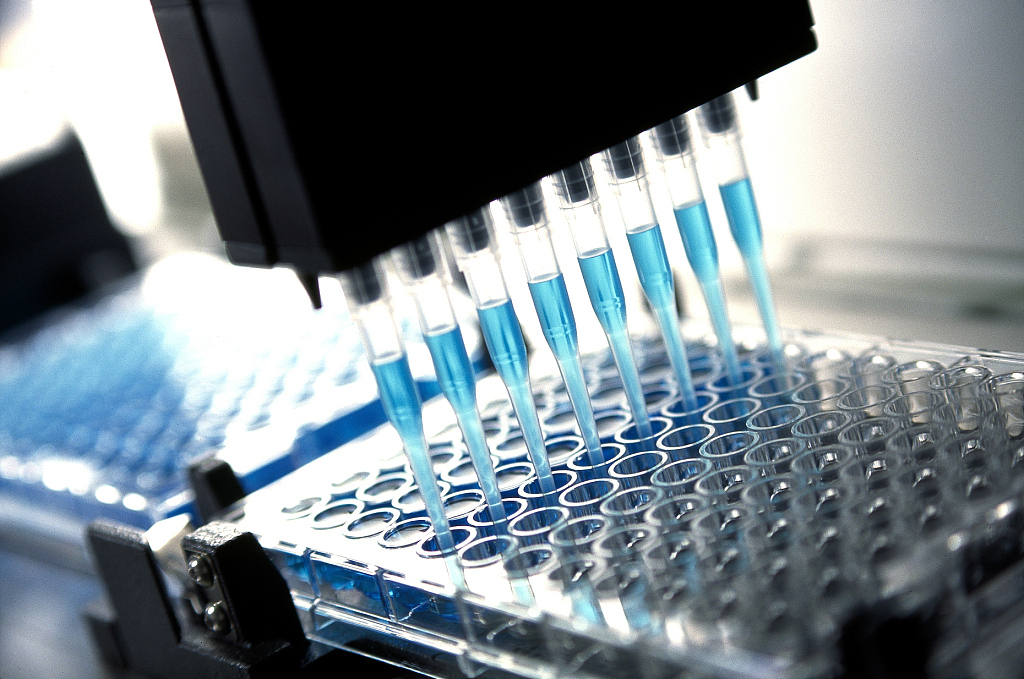Editor's note: This is the 33rd article in the COVID-19 Global Roundup series. Here is the previous one.
With the world battling hard against COVID-19, confirmed cases have exceeded 1.2 million globally and daily new cases surpassed 100,000, many countries have started to pour investments into projects related to vaccine development.
The world's top scientists, biotech companies, and universities are shattering the borders closed because of the coronavirus, creating a pattern of international collaboration that may shed a light on the long-waited cure for the pandemic.
Chinese trial vaccine may be tested abroad
Chen Wei, member of the Chinese Academy of Engineering, and the leading member of Chinese team to develop the vaccine, said China's first candidate COVID-19 vaccine may be put into additional trials overseas where the coronavirus epidemic is more serious than China and where the amount of confirmed cases is adequate for further vaccine testing.
The vaccine, co-developed by CanSino Biologics and China's Academy of Military Medical Sciences, started its Phase 1 clinical trial on March 16.

A volunteer, 36, is given a vaccine candidate for COVID-19 in Wuhan, Hubei province, March 24, 2020. /China Daily
A volunteer, 36, is given a vaccine candidate for COVID-19 in Wuhan, Hubei province, March 24, 2020. /China Daily
"For example, it may need thousands of people to be tested in order to know if there is a statistical significance in protection between people who received a candidate vaccine and people who didn't," said Chen Ling, a virologist at the State Key Laboratory of Respiratory Disease.
China has contained the spread of the coronavirus in general. During Sunday, there were only 39 new confirmed cases nationwide, 38 of which were imported. As a result, China doesn't have enough confirmed cases for further vaccine testing.
"If the initial results prove the vaccine is safe and produces (desired) effects, we will continue to test its effectiveness overseas through international cooperation if the global epidemic continues to spread," Chen said.
Another Chinese biotech company, Stemirna Therapeutics, also entered a collaboration deal with the Shanghai East Hospital of Tongji University to conduct experiments on an mRNA vaccine, which is expected to also enter clinical trials this month.
Britain's GSK teams up with Chinese companies
British pharmaceutical giant GlaxoSmithKline (GSK) announced on Friday that it will team up with Xiamen Innovax Biotech, a subsidiary of China's YangShengTang Group, and Xiamen University, to develop a recombinant protein-based vaccine candidate against COVID-19.
The vaccine candidate, named COVID-19 XWG-03, will be cooked in a technical exchange between the two partners, which is known as the pandemic adjuvant system provided by GSK to Innovax.
GSK is a world leader of developing innovative vaccines and adjuvant systems. And in fact, this is not the first time the British giant has shared its core technology with a Chinese company.

A GlaxoSmithKline (GSK) logo is seen at the GSK research centre in Stevenage, Britain November 26, 2019. /Reuters
A GlaxoSmithKline (GSK) logo is seen at the GSK research centre in Stevenage, Britain November 26, 2019. /Reuters
In late February, another Chinese global biotechnology company, Clover Biopharmaceuticals, also announced that its research into a protein-based coronavirus vaccine candidate (COVID-19 S-Trimer) would be joined by GSK, with the latter providing the pandemic adjuvant system.
Having one of the largest in-house commercial-scale cGMP biomanufacturing capacities in China and several patents, including Trimer-Tag technology, in hand, Clover has already completed its gene synthesis upon the release of the genomic DNA sequence by the Chinese government and started to develop the S-Trimer subunit vaccine.
"We are proud to contribute to cutting edge research from scientists at Clover Biopharmaceuticals in China as part of our strategy to make our adjuvant technology available to selected partners who have a promising vaccine candidate against the newly emerged coronavirus," said Thomas Breuer, chief medical officer at GSK Vaccines.
The proudness is also shared with the Chinese partner, as Clover's Chief Strategy Officer Joshua Liang said "we look forward to evaluating the combination of GSK's pandemic adjuvant system and our S-Trimer as a vaccine candidate."
Fosun Pharma and Gernman BioNTech
During mid-March, Shanghai Fosun Pharmaceutical has agreed to pay German BioNTech 135 million U.S. dollars in a collaboration deal in order to develop mRNA vaccine candidate, while the future gross profits from the sale of the vaccine will be split between the two companies.
As a Nasdaq-listed German biotechnological company based in Mainz, BioNTech is planning to develop a mRNA vaccine for the clinical trials with its European manufacture Polymun GmbH, and aiming to initialize human testing at the end of this month.
Fosun will take charge of the marketing in China once the vaccine has approval from the regulators, while BioNTech reserve the rights for the rest of the world.
Also identified as a potential partner by pharmaceutical giant Pfizer, BioNTech later struck an R&D deal with the U.S. giant in terms of the new coronavirus vaccine development and distribution outside China.

Fosun Pharma's stall on the Shanghai medical exhibition on June 26, 2012, Shanghai, China. /VCG
Fosun Pharma's stall on the Shanghai medical exhibition on June 26, 2012, Shanghai, China. /VCG
American Inovio and Beijing Advaccine
Inovio Pharmaceuticals, a U.S. based pharmaceutical company with partners including The Bill & Melinda Gates Foundation and University of Pennsylvania, has announced its collaboration with Beijing Advaccine Biotechnology Co.
According to the announcement on January 30, the collaboration will be mainly conducted in China in parallel with the safety and immunogenicity evaluation through Phase 1 human testing carried out in the U.S.
Chinese company Advaccine has the expertise to provide a Phase 1 trial in China and attract greater funding, and this is exactly what Inovio is looking for in order to couple its domestic clinical efforts.
As the first institution to introduce a vaccine designed to combat MERS-Cov goes into human evaluation, another strain of the coronavirus, the company head Dr. J. Joseph Kim projected a favorable future.
The Inovio's CEO said: "our collaboration with Beijing Advaccine and its Founder, Emeritus Professor Bin Wang from the prestigious Fudan University and China's premier DNA vaccine expert, will tremendously accelerate our coronavirus vaccine INO-4800 development in China because of its expertise and experience with regulatory authorities and clinical trial management."

Why is a vaccine the "ultimate cure"
More than 1.2 million coronavirus cases have been confirmed worldwide as of Monday, including nearly 70,000 fatalities. Although about half of the world's population have been put confined, it still won't be enough to permanently solve the mess.
Experts around the globe echo the prediction that the COVID-19 can linger for years. Dr. Fauci, a member of the U.S. COVID-19 responding team, anticipated the coronavirus will become a seasonal flu during the press conference on Sunday.
This coincides with the prediction of Zhang Wenhong, the head of Shanghai's COVID-19 clinical expert team, who said Europe must give up on the idea that the coronavirus pandemic will be over soon and instead prepare for a battle that could last for up to two years.
Microsoft founder and billionaire philanthropist Bill Gates told The Daily Show that his foundation is funding the construction of factories that will manufacture seven promising coronavirus vaccines at the same time.
"Even though we'll end up picking at most two of them, we're going to fund factories for all seven just so we don't waste time in serially saying 'ok which vaccine works' and then building the factory," Gates explained, saying more unusual measures would be launched until "we get the world vaccinated."
This echoed what World Health Organization officials said earlier: "Any vaccine for the coronavirus would have to made available to everyone, not just the 'haves'."